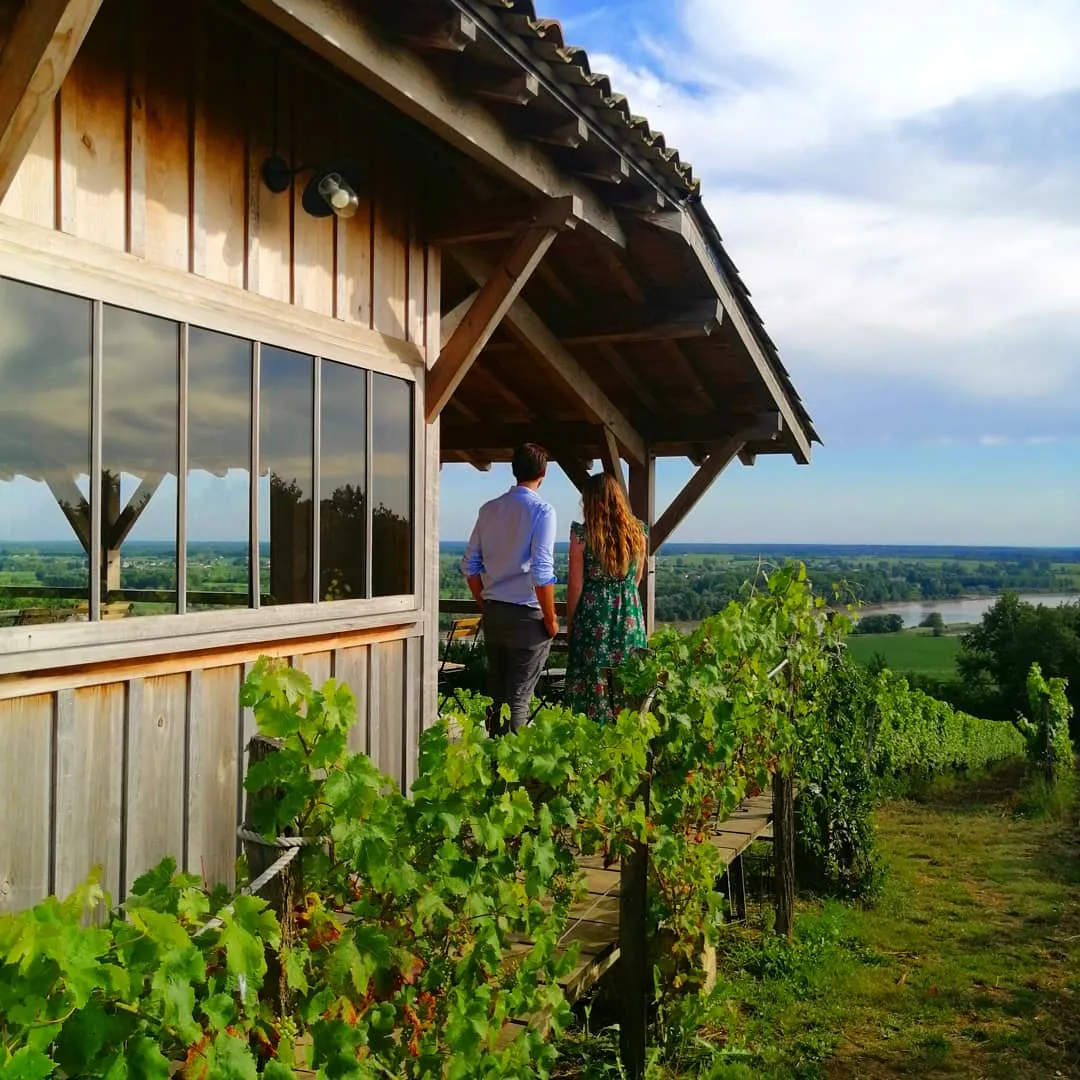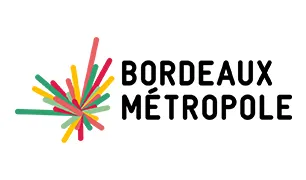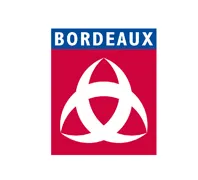
The vineyard
The Bordeaux Wine Festival promotes organic and committed viticulture by supporting its players. In 2014, 35% of Bordeaux's vineyard area was cultivated using a certified environmental approach: by 2024, the figure will have risen to over 75%! Today, Gironde is the 1ᵉʳ department in France in terms of organically cultivated wine-growing areas. Each appellation pavilion reflects this growing commitment by wine players to environmental, social and economic challenges.
Label recognition
Bordeaux is home to a wide variety of farms, production methods and environmental protection choices, and therefore a wide range of labels and certifications. Some farms hold several certifications. For example, a quarter of Bordeaux's vineyards are farmed organically, and 50% of the vineyards, i.e. some 50,000 hectares, are HVE (Haute Valeur Environnementale) certified.
Adapting to climate change
Climate is a major parameter in wine quality. It impacts terroir, conditions the vintage effect and determines harvest volume. Current and future changes and uncertainties mean that vineyards need to anticipate and adapt. How can we do this?
New grape varieties
By introducing new grape varieties that are more resistant and better adapted to a warm temperate climate, the vineyard can adapt to climate change while preserving the aromas of Bordeaux.
Reduction
The Bordeaux wine industry has reduced its carbon footprint by 39% between 2007 and 2022. It aims to achieve a 54% reduction by 2030.
New practices
Adapting to climate change inevitably means implementing new practices. The Bordeaux vineyards, for example, are rethinking plot layout to reduce exposure to the sun, delay pruning and encourage grass cover in the vineyards... To develop sustainable and regenerative viticulture, 1 million euros is invested each year in research and development to support the transition of businesses.
Restoring
By restoring landscape diversity, in particular through agroforestry, trees and shrubs are making a comeback in vineyards or near plots. Looking out over the vineyards of Bordeaux, the landscape takes on a verdant appearance: rows of fruit trees next to rows of vines, hedges bordering wine-growing plots, shrubs between two vines... The benefits are manifold: development of biodiversity, carbon sequestration, creation of micro-climates... Numerous estates have invested in this approach, and the movement is gathering pace.
A global vision
Today, the Bordeaux winegrowing area is committed to preserving the environment. Bordeaux has already come a long way, but there are also social and economic issues at stake, such as vineyard workers and the transfer of farms. Contributing to a more sustainable and equitable society, continuing to innovate, attracting talent and bringing life to the region are all CSR dimensions to which the vineyard is committed.
In May 2021, the Bordeaux wine interprofession deployed a collective, structuring approach to CSR for all members of the industry: Cultivons Demain.
This approach is based on 4 pillars:
- Let's contribute to an attractive industry: integration, job creation, training, sustainability, etc.
- Bringing life to our region: local jobs, solidarity, good living together, etc.
- Preserving the environment: renewable energies, biodiversity, carbon reduction, etc.
- Cultivate dialogue: ethics, traceability, responsible consumption and purchasing, etc.
This certification, currently held by 102 companies, is awarded by an independent certification audit. Biodynamics, draught horses, ecological corridors... The estates are now opening their doors to visitors to discover these new practices in the heart of the vineyards and in the cellars, on guided tours.








